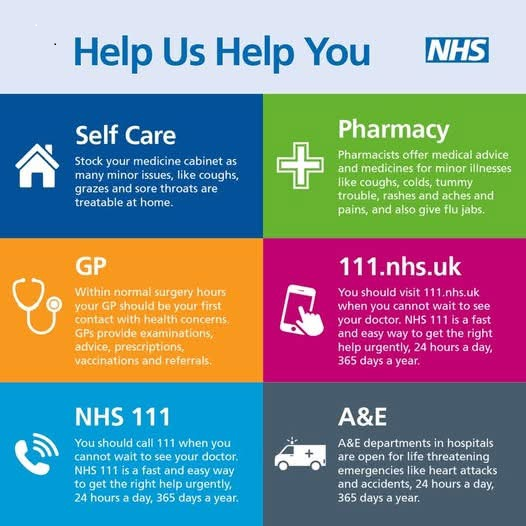Antibiotics do not work for illnesses like colds and flu, which are caused by viruses. Many sore throats and earaches are also caused by viruses. Don’t worry if your sore throat lasts for up to a week – that’s perfectly normal.
For patients who are otherwise healthy, antibiotics are not necessary for viral infections. These infections will normally clear up by looking after yourself at home with rest, plenty of fluids and Paracetamol. Ask your pharmacist about treatments to relieve symptoms.
You can read more about antimicrobial resistance and how we can combat it to keep antibiotics working.
When will I feel better?
Ear infections typically last 4 days – 89% of cases clear up on their own.
A sore throat typically lasts 7 days – 40% of cases clear up after 3 days and 90% after 7 days without antibiotics.
Sinusitis typically lasts 17 days – 80% clear up in 14 days without antibiotics.
Cough/bronchitis typically lasts 21 days – Antibiotics reduce symptoms by only 1 day.
Antibiotics only work for infections caused by bacteria. Taking unnecessary antibiotics for viral infections should be avoided because they may not be effective next time you have a bacterial infection. Patients with long-term conditions such as asthma, diabetes and COPD are eligible for flu and pneumococcal vaccinations. Ask at reception for more information.
Everyone has a role to play in using antibiotics responsibly. Use antibiotics wisely and treat viral infections responsibly. This way you are helping to stop antibiotic resistance, so antibiotics work when you really need them.
